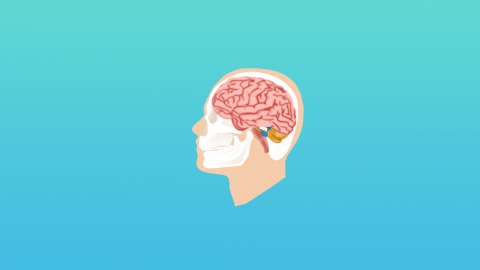Is brain tumor easy to treat?
Whether brain tumors are easy to treat has no absolute answer. Benign tumors generally have a lower treatment difficulty, while malignant tumors are more challenging to treat. The specific outcome depends on the tumor type, stage, location, and the patient's overall health condition. If symptoms such as headache, vomiting, or vision loss occur, immediate consultation with a neurosurgeon is necessary.

Benign brain tumors, such as meningiomas and pituitary adenomas, can often be completely removed surgically if they are superficially located and haven't invaded critical functional brain areas. Most patients can be cured after complete resection, with low recurrence rates and relatively minor treatment challenges, leading to better postoperative recovery.
Malignant brain tumors, such as gliomas and brain metastases, often infiltrate surrounding brain tissues, making complete surgical removal difficult. Postoperative treatments such as radiotherapy and chemotherapy are usually required. These tumors tend to recur, require long-term treatment, and cause significant side effects. Overall, treatment is more complex and the prognosis is relatively poorer.
Daily care should ensure the patient gets adequate rest, avoids emotional stress and fatigue, follows a light yet nutritious diet, and receives assistance with appropriate rehabilitation exercises. Close monitoring of consciousness and physical symptoms is essential, along with strict adherence to medical advice for follow-up visits and ongoing treatment.




